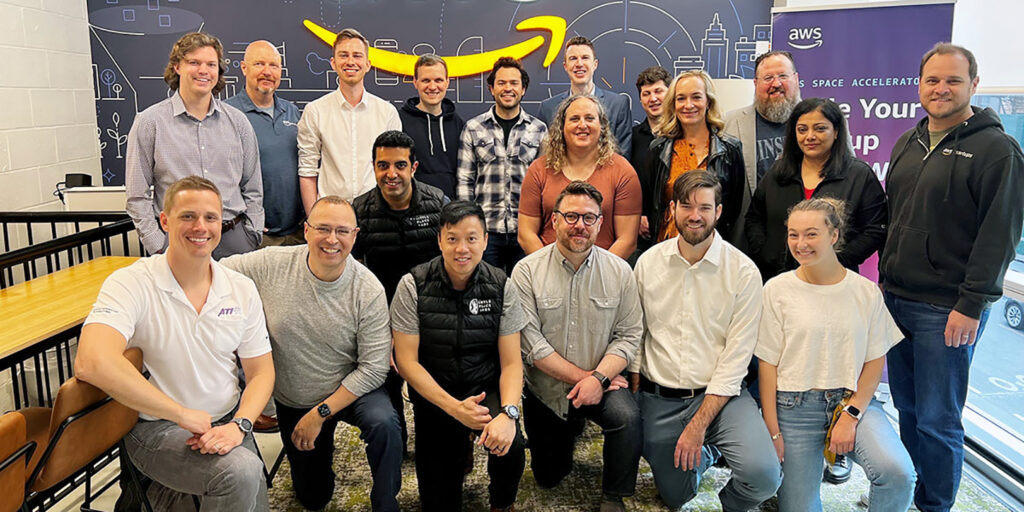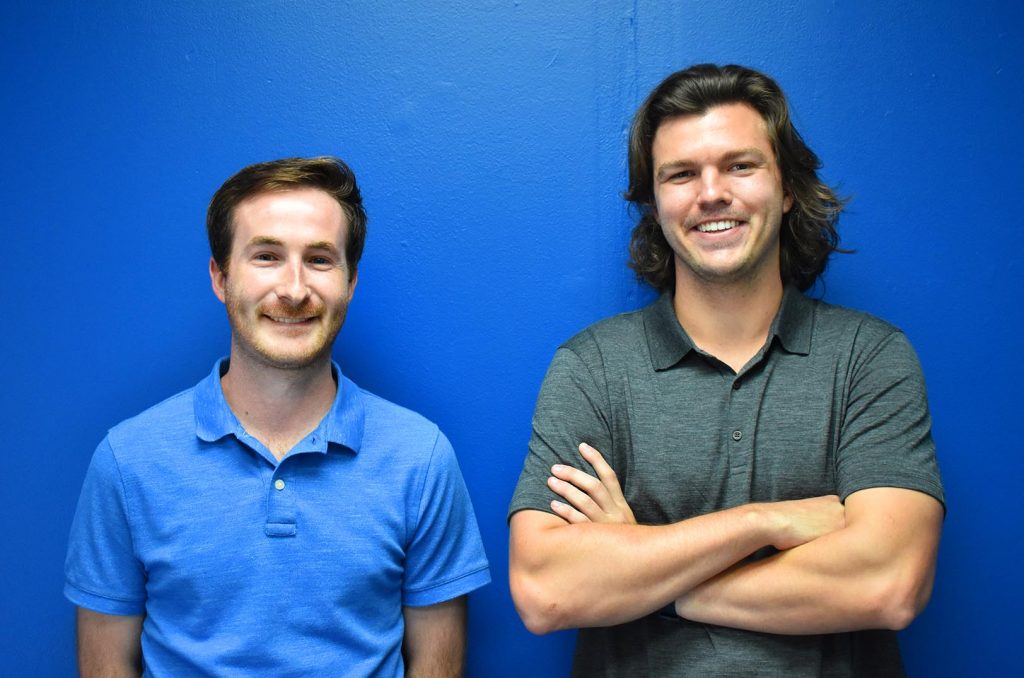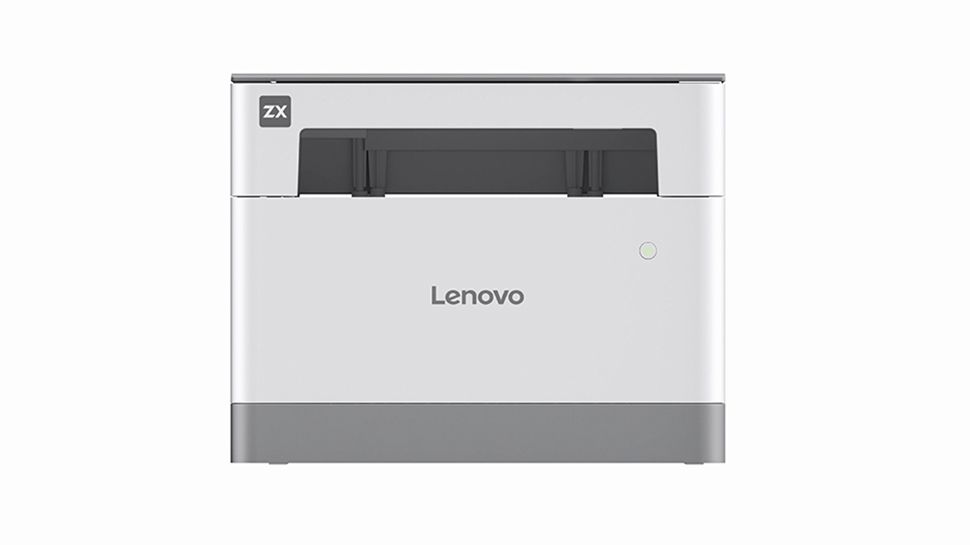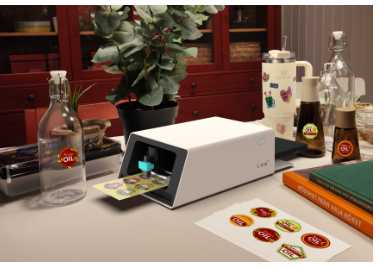The following are some of the ways to get in touch with each other KCK startup that could revolutionize space transportation is among 14 companies selected this week for an accelerator program from Amazon Web Services that focus on “transforming the future of space for all of humanity.”
Kansas City-based Raven Space Systems — led by co-founders Ryan Cowdrey and Blake Herren — is building entirely 3D printed reentry capsules for on-demand cargo return from space. It is important to note that the word “you” means “you”. company’s automated factory is expected to enable cheaper and faster capsule production with adaptability for any mission.
“While our innovation is a platform technology capable of 3D printing several composite materials for the first time, we recognize the value of focusing the development of this innovation to address a specific and high-impact problem,” Herren told Startland News. “Raven has de-risked the technology with our nondilutive funding and there is no science left to be done.”
“Engineering, scaling up our systems, and proving our 3D printed materials are our next steps,” he continued. “Therefore, Raven has started raising a seed round to fund the development of our industrial 3D printer and validate the performance of our 3D printed heat shield at scale with assistance from NASA.”
The Space Accelerator 2023 — a technical, business, and mentorship program to help startups advance their space solutions and accelerate their growth using the cloud — is expected to help Raven on that journey.
AWS Space Accelerator offers participants business development support, AWS training and mentoring by AWS subject matter experts in the space domain. Participants can earn up to $100k in AWS promotional credit. AWS ActivateThe curriculum also provides opportunities to work with AWS customers and scale their solution globally. The curriculum offers opportunities to interact with AWS users and AWS Partner Network Partners (APN), looking for innovative solutions in space.
“From 3D-printed space vehicles to orbital robots, satellite solutions built on artificial intelligence (AI), and space-based initiatives that can help us better use Earth’s valuable resources, these emerging startups are leveraging AWS as they develop the next generation of exciting space technology,” AWS said of the 14 companies selected for the new cohort.
Click to learn more about Here is a link to the article Find out more about other ventures that were selected for 2023.

AWS Space Accelerator, 2023 cohort and AWS VC and Startups Teams; Photo courtesy AWS Space Accelerator
The AWS Space Accelerator is expected to help these startups leverage flexible, agile cloud tools that can help power their space missions and innovate faster — all to support a safe, prosperous, and sustainable future in space, according to AWS.
Raven Space Systems, originally Raven 3D Printing, was founded in June 2020. Its mission is to establish a new manufacturing era through 3D-printing the highest quality composites and polymers. Cowdrey & Herren met as students at OU. Later, they moved to Kansas City due to the pandemic.
Click to learn more about Here is a link to the article to read more about Raven’s origins and its co-founders’ arrival.

Blake Herren and Ryan Cowdrey of Raven Space Systems
“When we moved to KC, we had a very early-stage proof of concept 3D printing innovation,” Herren said. “We didn’t know what it was truly capable of. But we knew we were onto something when NASA and the Air Force awarded us $1 million in STTR contracts when our only 3D printed sample had been a small rubber cone.”
He added that Raven has developed composite material formulas for its patent-pending manufacturing processes to 3D-print aerospace-grade thermoset materials at scale.
“We are developing large-scale 3D printing of structures as strong as aluminum at half the weight and heat shields with higher performance than the state-of-the-art,” Raven said. “While developing this revolutionary innovation, we discovered a growing need in the space industry to increase the frequency and lower the cost of returning cargo from space.”
While competitors were starting to emerge in this field, Raven’s co-founders recognized no one was improving the production of reentry vehicles, he explained.
“We determined that 3D printing entire reentry capsules with our novel technology will enable us to build an automated factory to manufacture capsules 10-times faster at 95 percent lower cost with a software-driven approach enabling adaptability for any mission,” Herren said.
Click to learn more about Here is a link to the article to read more about Raven’s on-demand space capsule return technology.



